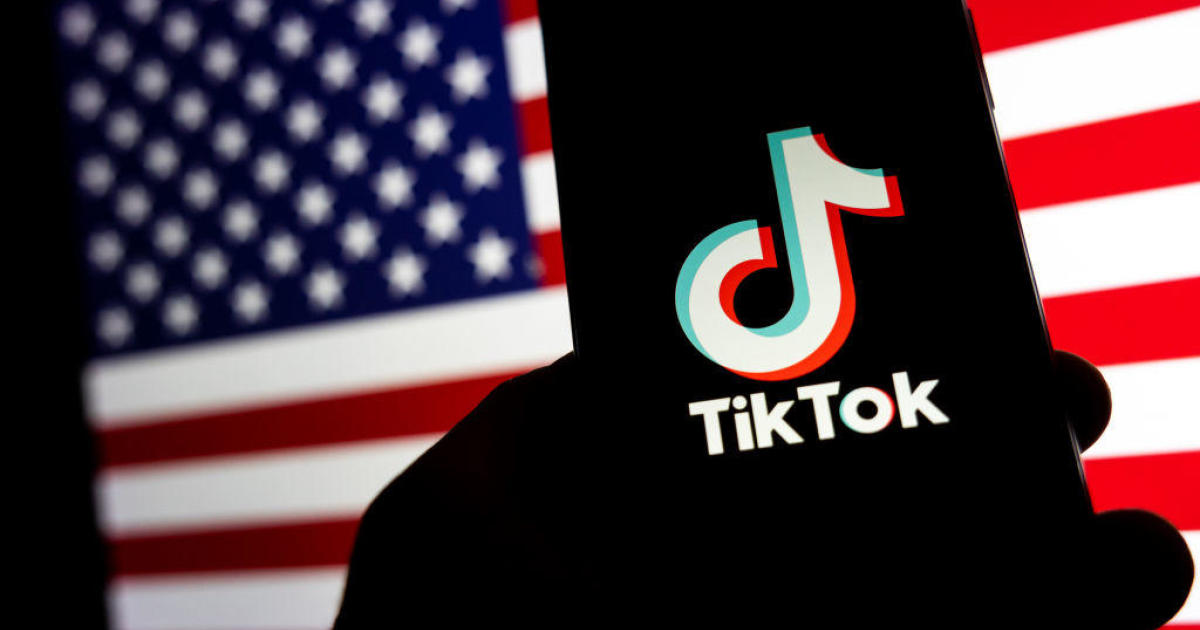
It’s no longer news that TikTok is experiencing some crisis in its largest market- the US. This crisis could ban the app if its Chinese owner fails to sell it within the next year or so. Speculations say this would not only harm China’s tech ambitions but would also widen the divide between the two digital worlds, centred around the rival economic superpowers.
Congress passed the bill that will force ByteDance to sell TikTok or risk being banned nationwide. The bill has been signed into law by President Joe Biden but TikTok has already declared that it will contest the law in court.
Beijing has made it clear that it is absolutely against TikTok being coerced into sales and has amended its export control regulations to allow it to halt sales for reasons related to national security. With 170 million users, the US market is TikTok’s largest, and ByteDance has few choices to ensure the platform’s survival there.
“Since the Chinese government won’t allow the sale of its algorithms, a forced sale of TikTok in the US amounts to a downgrade of the app,” stated Alex Capri, a lecturer at the National University of Singapore’s Business School and research fellow at the Hinrich Foundation. “ByteDance’s prospects in other mostly liberal democracies will come under further scrutiny if TikTok is forced to stop operating in the US,” he stated. The Chinese authorities may completely prevent the deal if ByteDance is forced to give up TikTok’s algorithm. On the other hand, it might make it possible to sell TikTok without the profitable algorithm that underpins its success. A US ban or a lower version of TikTok would be a huge windfall. For TikTok rivals like YouTube, Google, Instagram, and others, a large number of its users would defect, according to Capri. It would also seriously harm ByteDance’s aspirations to grow into a worldwide force.
Richard Windsor, a tech industry analyst and the founder of the US-based research firm Radio Free Mobile stated that a TikTok ban would “be the end of ByteDance’s global expansion, as it would be a sign that the Chinese state values the algorithm’s security more than ByteDance’s financial prosperity and global expansion.” “The battle for ideas within the technology sector will likely intensify as a result of these implications.”
According to Capri, a ban on TikTok is also likely to further a trend that will possibly divide the global tech industry into two blocs: one bloc is focused on the US, while the other supports Chinese tech.
“The action taken against TikTok in the US is a step closer to the division of the global tech landscape as a whole, as well as the division of the platform economy between Chinese and Western apps,” he stated. “This covers everything, including undersea cables, data centre ownership and operation, satellites for internet access in orbit, and semiconductors, of course.” That is one way Beijing may look at the TikTok ban positively. “China’s digital footprint will be expanded in Southeast Asia and other mostly developing markets worldwide as a result of a ban in the US,” Capri predicted.

While US officials and legislators fear that TikTok may become a potential national security risk, due to its potential to share data with the Chinese government or manipulate content displayed on the platform. China’s Commerce Ministry has promised to take all “necessary measures” to safeguard its interests. China has already blocked the majority of American social networking apps. Beijing presently prohibits the majority of US social media sites, such as Facebook, Instagram, WhatsApp, Google, YouTube, and X, because these platforms defy Chinese government regulations regarding data collecting and content sharing.
However, Triolo does not anticipate that Beijing will respond “strongly” to the US ban on TikTok. “China’s main concern would be the technology transfer involved, even though it has already expressed its opposition to TikTok US being forced to divest from Bytedance,” he stated. “Overall, US technology controls are of greater concern to Beijing than a social media company.”
He continued, “Beijing is not likely to respond in kind to the US effort to ban Tiktok US if it eventually happens. Beijing will be much more likely to retaliate strongly to new US export controls.”
China recently gave Apple an order to take the social messaging apps Telegram, Signal, and WhatsApp out of the China app store. However, significant crackdowns on virtual private networks—which many tech-savvy Chinese utilize to use these messaging apps to interact with friends abroad—have not been implemented in response.
Discover more from TechBooky
Subscribe to get the latest posts sent to your email.







